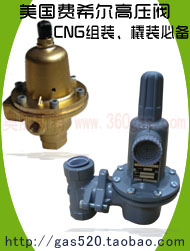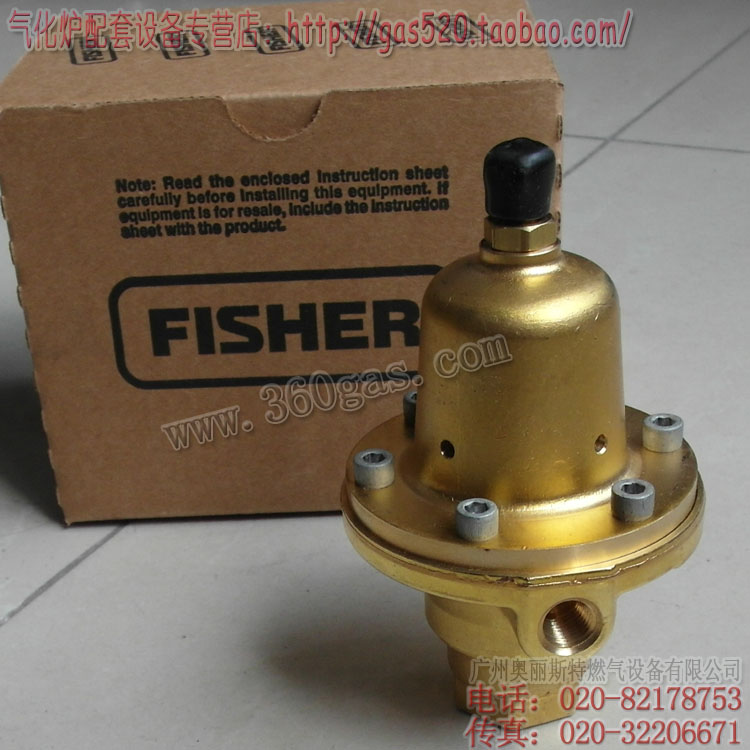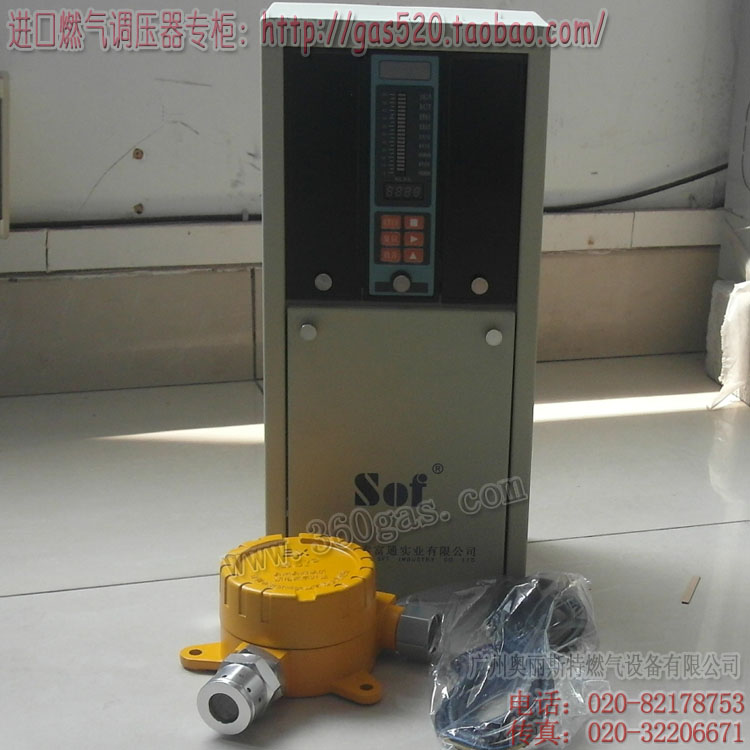位置:首页 > 燃气资讯 > APG Considers Dual
APG Considers Dual-Fuel for Marine Applications
浏览次数 780 , 日期 2014-08-25 , 燃气设备 加入收藏
American Power Group Corporation (APG) is to work with Scotland-based Marine Fuel Conversions, LLC (MFC) to evaluate potential applications and opportunities for APG’s dual-fuel solution specifically in marine applications.减压阀膜片/调压阀配件
MFC will be responsible for funding and coordinating all feasibility and beta testing activities necessary to determine how APG’s Turbocharged Natural Gas® dual-fuel system can be commercialized in Europe for marine applications. The feasibility/beta testing period is anticipated to run between nine to fifteen months.
MFC will be utilizing Scotland’s University of Strathclyde’s Department of Naval Architecture & Marine Engineering Group to lead the technical feasibility/commercialization effort and will be working with Scottish Enterprise’s Aerospace, Defense and Marine Industry Group regarding potential funding sources. Upon successful completion of the feasibility study and beta tests, MFC has been granted a multi-year sublicense to sell and install APG’s dual-fuel solution in select marine applications and in select European countries.
Lyle Jensen, American Power Group Corporation’s Chief Executive Officer stated, “We are excited to be working with Tom and his team to explore the multiple opportunities for our dual-fuel solution in marine applications.”
Jensen says his company’s timing relates to the new International Maritime Organization (IMO) regulations coming into force 1 January 2015, whereby ships sailing on US, Canadian and European routes will be compelled to burn much cleaner and more expensive diesel fuel. North America and northern Europe fall within the so-called Emission Controlled Areas (ECAs) which encompass the Baltic Sea, the North Sea, the English Channel and areas within 200 nautical miles of the US and Canadian shores.
“It has been estimated that carriers will pay up to 70% extra for the required low-sulfur diesel fuel in the ECA areas compared to current bunker oil fuels,” Jensen concludes.
MFC will be responsible for funding and coordinating all feasibility and beta testing activities necessary to determine how APG’s Turbocharged Natural Gas® dual-fuel system can be commercialized in Europe for marine applications. The feasibility/beta testing period is anticipated to run between nine to fifteen months.
MFC will be utilizing Scotland’s University of Strathclyde’s Department of Naval Architecture & Marine Engineering Group to lead the technical feasibility/commercialization effort and will be working with Scottish Enterprise’s Aerospace, Defense and Marine Industry Group regarding potential funding sources. Upon successful completion of the feasibility study and beta tests, MFC has been granted a multi-year sublicense to sell and install APG’s dual-fuel solution in select marine applications and in select European countries.
Lyle Jensen, American Power Group Corporation’s Chief Executive Officer stated, “We are excited to be working with Tom and his team to explore the multiple opportunities for our dual-fuel solution in marine applications.”
Jensen says his company’s timing relates to the new International Maritime Organization (IMO) regulations coming into force 1 January 2015, whereby ships sailing on US, Canadian and European routes will be compelled to burn much cleaner and more expensive diesel fuel. North America and northern Europe fall within the so-called Emission Controlled Areas (ECAs) which encompass the Baltic Sea, the North Sea, the English Channel and areas within 200 nautical miles of the US and Canadian shores.
“It has been estimated that carriers will pay up to 70% extra for the required low-sulfur diesel fuel in the ECA areas compared to current bunker oil fuels,” Jensen concludes.








